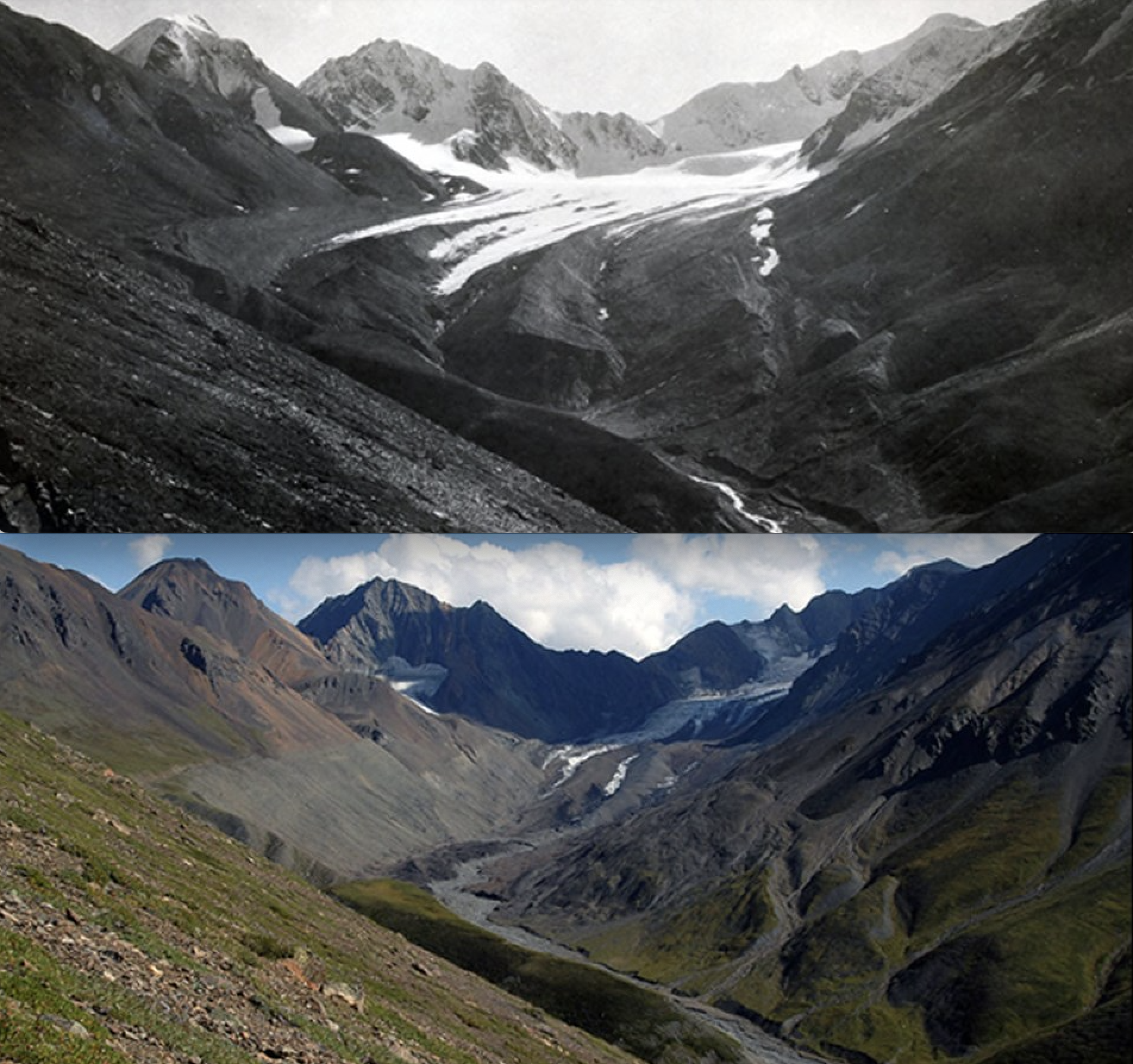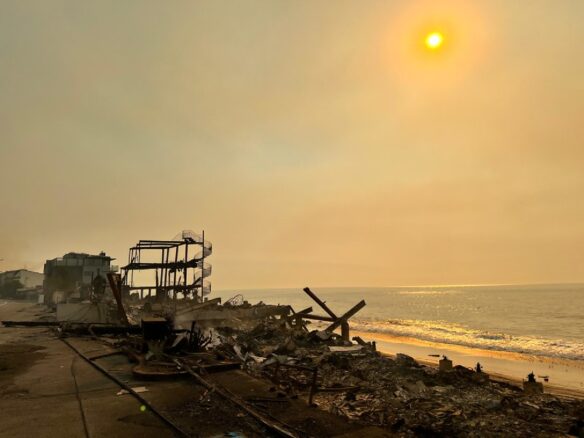Excerpt:
From the Solomon Islands to Denali national park, how five communities reliant on tourism are coping as climate change upends their industry
One of the terrible ironies of the climate crisis is that some of the most beautiful – and popular – places in the world are also the most vulnerable. Which means as temperatures rise, extreme weather events increase, water sources dry up and natural habitats die, these places are facing another devastating loss: tourists.
Tourism significantly contributes to the climate crisis – about 8% of global emissions – and hordes of visitors cause many more problems, including overdevelopment and degradation of natural areas. However, the revenue generated by tourists can bring enormous economic benefits to these destinations, many of which don’t have other forms of industry or would otherwise rely on extractive industries like mining or logging. Tourism can also bring awareness to environmental problems, such as coral reef bleaching or animal species at risk of extinction, and provide funding for conservation efforts.
This complex relationship was highlighted during Covid-19, when tourism came to a standstill. Carbon emissions plummeted. Wildlife flourished. Leatherback turtles in Thailand laid the largest number of eggs in two decades. But all of this came with a cost. The global tourism industry was hit with an enormous loss, creating an emergency in developing countries. Families struggled to find food. Illegal logging increased in some places, as did poaching.
As tourism starts to rebuild, it is becoming impossible to ignore that the future of the industry is inextricably linked to the climate crisis. The Guardian spoke to people working in tourist destinations around the world to ask how the climate crisis is affecting their industries and their worries for the future…









